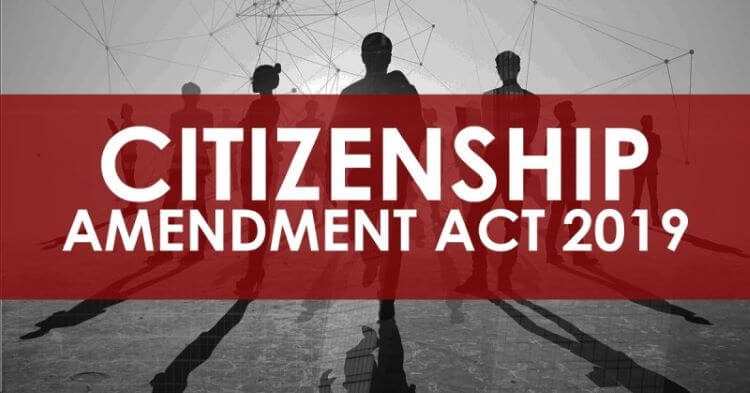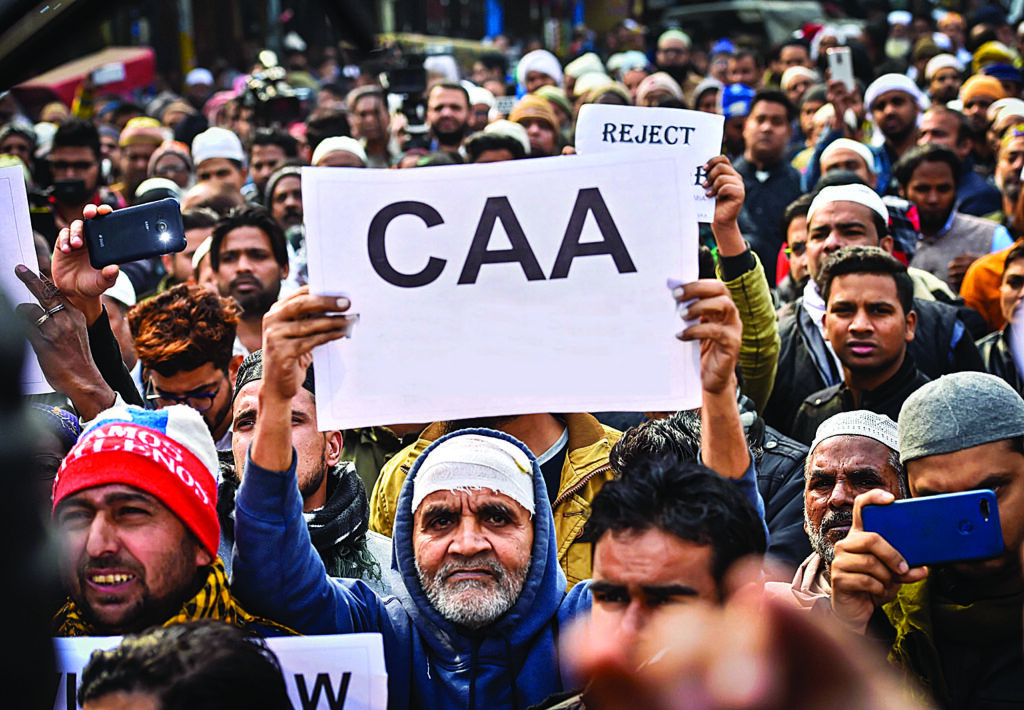Central Government Implements CAA ( Citizenship Amendment Act 2019 ) Before Lok Sabha Elections :
In recent times, the Citizenship Amendment Act (CAA) has emerged as a focal point of discussions, debates, and even protests across India. Passed in December 2019, the CAA aims to provide expedited citizenship to persecuted religious minorities from neighboring countries. Its recent implementation, just ahead of the upcoming elections, has sparked renewed interest and raised pertinent questions about its implications on India’s socio-political landscape.
Understanding the Citizenship Amendment Act (CAA):
At its core, the CAA is designed to offer sanctuary to individuals belonging to six religious minorities – Hindus, Sikhs, Jains, Buddhists, Parsis, and Christians – who fled religious persecution in Afghanistan, Bangladesh, and Pakistan and arrived in India before 2014. The Act seeks to fast-track their citizenship process, thereby granting them legal status and protection under Indian law.
Key Provisions and Implementation Challenges:
The implementation of the CAA has been accompanied by various challenges and complexities. One of the key provisions stipulates that applicants must have entered India before 2014 without proper documentation. This requirement poses significant logistical and administrative hurdles, as verifying the authenticity of entry dates for a large number of migrants remains a daunting task.
Additionally, the establishment of an online portal for citizenship applications signifies the government’s commitment to streamlining the process. However, ensuring fair and transparent processing amidst logistical constraints remains a pressing concern.

Criticism and Opposition Response:
The timing of the CAA’s implementation, coinciding with the electoral cycle, has drawn criticism from opposition parties and civil society groups. Allegations of political opportunism and attempts to polarize voter sentiments have been leveled against the ruling party. Congress leader Jairam Ramesh, among others, has voiced concerns about the timing of the enforcement, suggesting a deliberate attempt to manipulate electoral dynamics, particularly in states like West Bengal and Assam.

Government’s Justification on CAA :
In defense of the CAA, Home Minister Amit Shah has emphasized the government’s commitment to providing refuge to persecuted minorities from neighboring nations. He has refuted accusations of political maneuvering, asserting that the implementation of the CAA fulfills a longstanding promise to refugees and aligns with India’s humanitarian ethos. Shah’s speeches during political rallies have underscored the BJP’s resolve to see through the implementation of the Act, despite mounting opposition.
Impact on Electoral Dynamics and Social Cohesion:
The rollout of the CAA just before the elections is poised to significantly influence voter perceptions and electoral outcomes, particularly in states with sizable migrant populations like West Bengal and Assam.
While the BJP views the Act as a demonstration of its commitment to protecting persecuted minorities, opposition parties perceive it as a tool for electoral polarization and manipulation. Moreover, concerns regarding communal tensions and exclusionary practices underscore the need for a cautious and inclusive approach to policy implementation.
Navigating Challenges and the Road Ahead:
The implementation of the CAA presents a host of challenges that must be navigated with prudence and foresight. Adjudicating citizenship applications, verifying entry dates, and ensuring fair and transparent processing require robust administrative mechanisms and resources. Furthermore, addressing concerns about the exclusion of certain religious groups and mitigating potential communal tensions necessitate a nuanced and inclusive approach to governance.
As India grapples with the implementation of the Citizenship Amendment Act, it finds itself at a critical juncture that underscores the complex interplay of identity, ideology, and governance. While the Act holds the promise of providing sanctuary to persecuted minorities, its enforcement amidst political turbulence underscores the imperative of upholding democratic principles and ensuring inclusive citizenship rights for all.
As the nation heads into the elections, it is incumbent upon policymakers, civil society, and citizens alike to engage in constructive dialogue and deliberation to navigate the challenges and opportunities presented by the CAA.
ALSO READ :
Usually I do not read article on blogs however I would like to say that this writeup very compelled me to take a look at and do it Your writing style has been amazed me Thank you very nice article